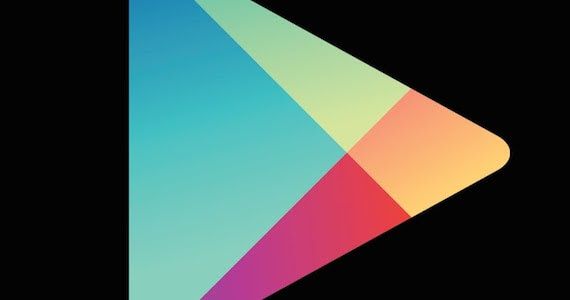By this point, gamers know that when a game is advertised as free it isn't always totally free. Some games halt progress behind time limits (rounds per day, finite lives, etc.), while others simply offer a free trial without actually saying so.
The blurred line between free game and paid game has become so muddy, in fact, that few gamers are actually surprised when a title asks them for a dollar here or a dollar there. And nowhere is this practice more prevalent than on mobile platforms. However, gamers across the world might soon see as change, as mobile platform holders begin to tweak the classification of their selections.
Just this week, for example, the Google Play Store revealed it would no longer give the "free" designation to games with in-app purchases, at the request of the European Union. That means those games, like Candy Crush Saga or Dungeon Keeper, that are free initially but strongly encourage players to fork over cash through various progression blockers, will now fall under the paid category.
Thus far, these changes are exclusive to Google, but the EU also asked Apple to make the same move. Moreover, we expect that if these platform holders are willing to make these changes in Europe, then it shouldn't be long before North America follows suit. Apple, however, is a bit hesitant, but says they have some new policies in place that will prevent kids from spending their parents money, and will ultimately protect the consumer.
While this likely won't change much for the bigger titles like those previously mentioned, it will have a significant impact on new games entering the market. Now, developers and publishers will have to think twice about how they monetize their games, if at all, with the knowledge that in-app purchases put them into the much more difficult paid category. Case in point: in the free category a game like Flappy Bird can generate over $50,000-a-day in ad money, but it likely wouldn't last a second if gamers saw money might be involved.
And therein lies the biggest rub: money might be involved. Some players may never sink a dollar into these games with in-app purchases, but it's better to know what you are getting into ahead of time — that there this might be a pay-to-win type of situation — then to get invested and realize the only way to keep enjoying a game is to break out your credit card.
How do you feel about digital mobile stores moving games with in-app purchases from free to paid? How do you think it will impact mobile development and marketing?
-
Source: EU (via Giant Bomb)


